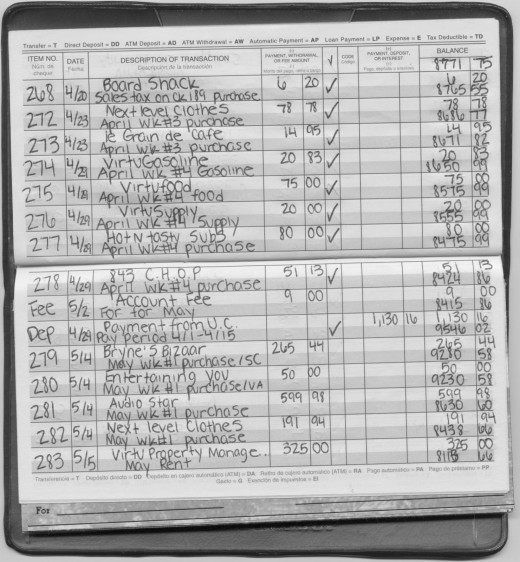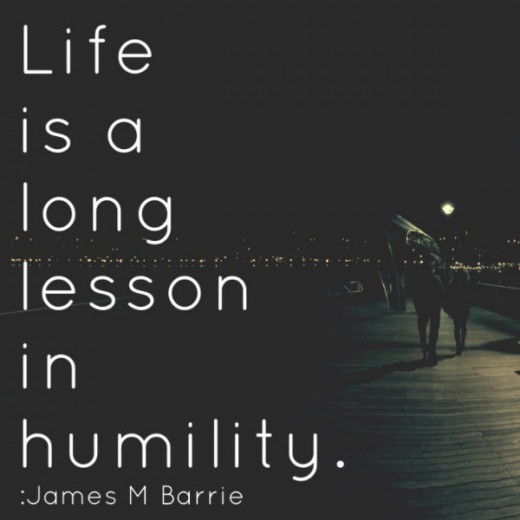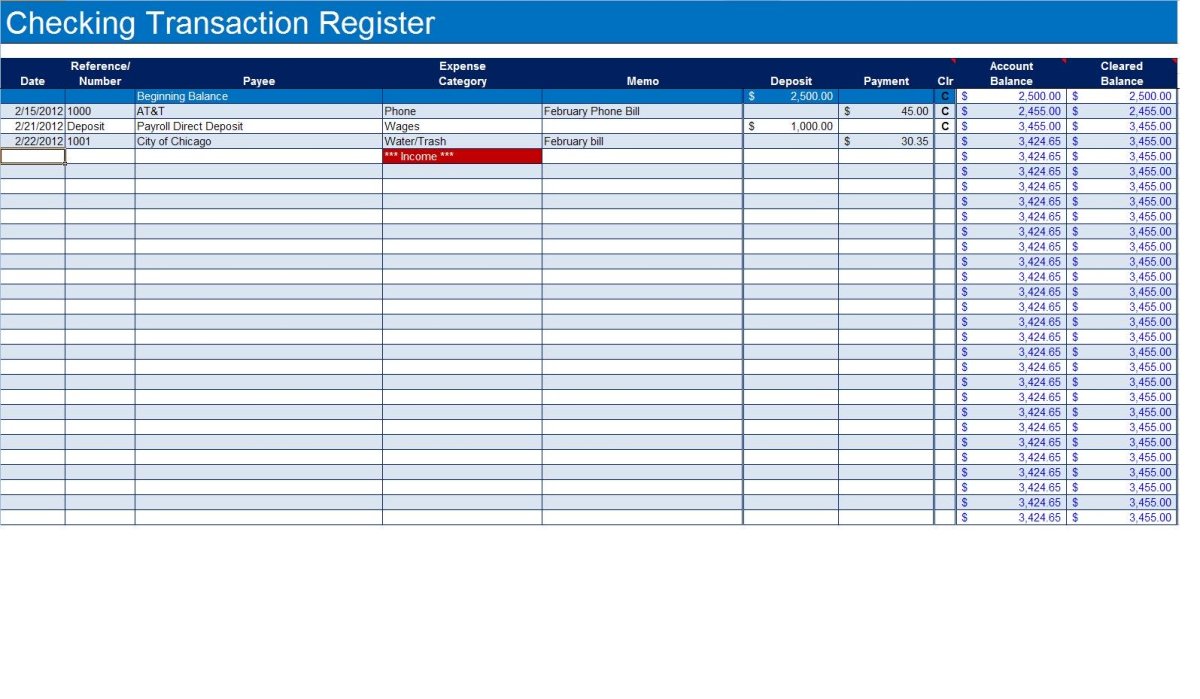The Checkbook Principle and the Box of Chocolates

Sooner or later, probably all of us notice that there is something small in our lives, something we do, that is a metaphor for something much bigger. Just like Forrest Gump’s famous line from his mother, “Life is like a box of chocolates: you never know what you’ll get,” each of us, in time, will recognize that some little thing – or an idea attached to a little thing - extends into much more important areas of our life. It doesn’t have to be intentional, and it doesn’t have to be positive and healthy, but it’s there. Sometimes something clicks and you realize that, say, for example, for the past couple of decades damn if you’ve not approached your love life exactly the way you enjoy Oreo cookies . . .
Sometimes you notice that it’s not consistent, that you habitually apply different habits to what are on the surface different but are on the inside essentially the same. For example, you might be careful with your cash but not nearly so careful with your possessions (which cost cash.) There’s at least one that people commonly seem to apply inconsistently: The Checkbook Principle.
Some of us can balance our checkbooks to the penny, month after month, with hardly any frustration; some of us try hard to reconcile the numbers but are often way off; some of us just don’t trust our own arithmetic skills at all and don’t even try to keep our checkbook balanced. The first group – those that are consistently accurate – is the most useful for illustrating the Checkbook Principle.
Let’s assume you are in this first group. Month after month, you do the balancing arithmetic perfectly. When there is a discrepancy, it is usually an even dollar amount, often exactly the amount of an ATM withdrawal you forgot to track. Because of this, being off by exactly $100 doesn’t alarm you nearly as much as being off by $11.83. The odd number might be a single debit card purchase, or it might be the total of a dozen errors, and you don’t know until you figure it out. The fact that you are usually accurate makes the discrepancy all the more alarming, right?
And there it is, the emotion behind the logical Checkbook Principle. “I am confident that my calculations are correct. In fact, daily I base life decisions on the accuracy of my calculations. Sometimes, though, I make very puzzling, hard-to-identify mistakes. So, if I can come to the wrong conclusions with something as simple and elementary as basic arithmetic addition and subtraction, isn’t it possible and even probable that I make inaccurate, illogical conclusions with very complicated concepts such as love, parenting, and career management? Politics? Religion?”

Has some version of this thought ever occurred to you? Of course, human psychology interferes with forces like denial, identity, ego, and more. I wonder though, why, with all the micro-dramatic struggles of every human’s life to reflect both our strengths and weaknesses, why, why, why aren’t we generally more humble?





